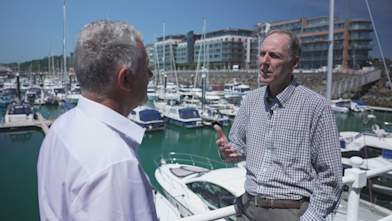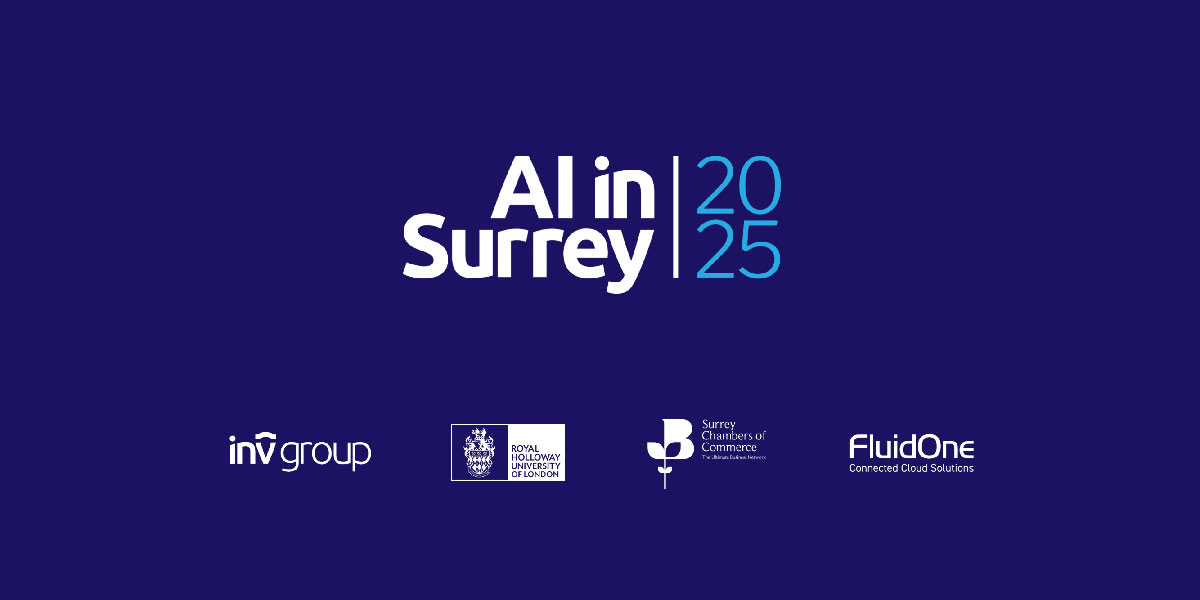The brave and inspired comments by Tom Loosemore at the Science and Technology Committee on their inquiry into digital government this week remind us that there is a battle raging over the future of digital transformation at the heart of the UK government.
As clearly described by Loosemore, what started off as a small, provocative Government Digital Service (GDS) team soon became embroiled in departmental politics and cultural change issues. It can easily be argued that part of the problem they brought on themselves by growing quickly to several hundred people, by their perceived hubris, and by excessive obfuscation about their scope and role. However, there is no doubt that the startup mentality they adopted had impact, and made an immediate difference. But once the ice had been broken, a different approach (and team) was required to push this through. He recognised that in his comments, and it is clear that the people around him in GDS did too.
The big point he makes is that the leaders and decision makers at the centre of the organisation welcome the early “shock-and-awe” tactics while it is at the fringes of the main business, and can be held at arm’s length (“Ohhh, we like to have a few crazy guys around to keep us honest!”). But once that begins to take hold and there is groundswell for change, the culture and decision-making processes of the organisation clamp down and reject the changes as being too much, too fast (“Disruption is fine, as long as it doesn’t overly affect what we do…”).
This is a pattern we have seen time and time again. Early successes are celebrated. But when they look like they may drive broad transformation across the organisation, the inertia overtakes it. This is where strong leaders must step up. They must be not only be in favour of change, they must see themselves as part of the change, and role models for the change.
Furthermore, the people responsible for the key operational aspects of the business must be at the forefront. This is what I often call “the PM problem”. There has to me movement in those responsible for Project Management, Product Management, Programme Management, Portfolio Management, and Policy Management. Without that all change is suffocated.
That’s what we see in the current UK Government today. Bringing in new “digital talent” to light the spark has had some impact. But this will be snuffed out unless there is greater attention paid to education, practical techniques, and meaningful support for leaders, decision-makers, and operational staff. Otherwise, as we saw in his evidence to the inquiry, Loosemore’s comments reinforce the stereotype highlighted by “Yes, Minister!” where much of the dialogue describes the “clash between the political will and the administrative won’t”. And we know that that ends.





